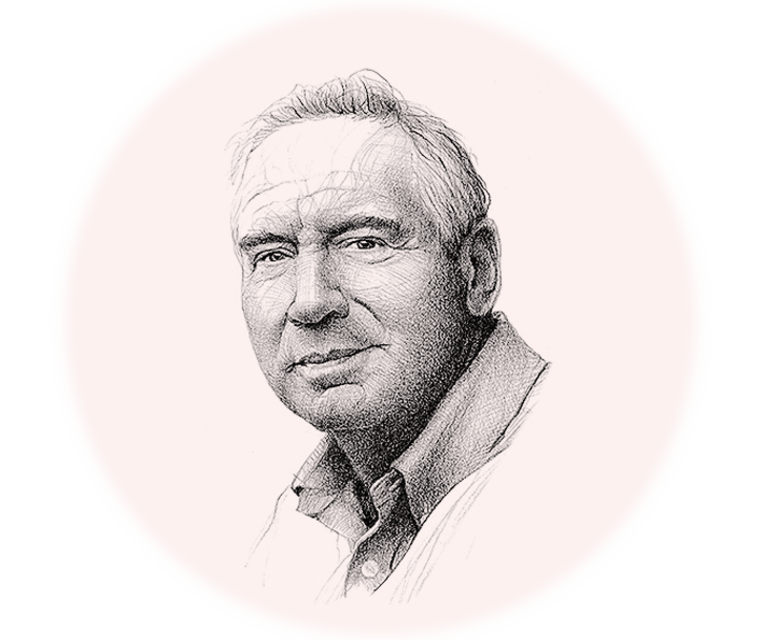Where did those leaves go on the square wheels of the rails and trains? A few years ago it caused confusion in the railways, but for a long time we heard nothing of it. Conversely, it’s not that things have gotten much better on the Dutch railways, but the arsenal of excuses for delayed or canceled trains nowadays is much more extensive and varied.
If these are not ‘logistical limitations’, then there is lack of equipment, or less availability of personnel, or delayed work, or switch failure, system failure, broken overhead line or ladybird on the track.
Yet all these issues pale in comparison to the performance of trains in Germany. There is virtually no train that runs less than 45 minutes late or is completely cancelled, the timetable is an incoherent mess of inconsistent connections and a complete lack of information on the status of trains. Things are not better in Belgium or England. The encouraging conclusion is that desperate rail transport is not a unique Dutch problem, but is taking place everywhere in Europe.
Other major problems are not unique to the Netherlands. Labor shortages are a central issue and one of the biggest threats to economies and prosperity around the world. We complain that there is a shortage of healthcare workers in the Netherlands and that there are too many people who wander from one job to another as self-employed.
Compare this to the US, where a quarter of nurses are now looking for other work and the percentage of ‘freelance’ healthcare workers has risen to approximately 25 per cent. In the UK, which for decades has addressed health worker shortages by bringing in people from India or the Philippines, health professionals can find good work anywhere in those countries, so it is now clear why they still come to Europe. ?
And even the nitrogen surplus we have created and the associated reduction in livestock is not a uniquely Dutch problem, as opponents of the policy repeatedly claim. Pigs, cows and sheep are now also reduced in Belgium, Poland and Austria.
In short, the major problems of our time are rarely national problems but are usually important in other European countries or even globally. Interestingly enough, we rarely look abroad for solutions, and our little country tries to reinvent the wheel for every problem.
Having an international perspective on solving crises makes it easier to find better answers. For the Netherlands, it is mainly European cooperation and ‘Brussels’ that are not the cause of our difficulties, but often the place where our myriad problems can be solved.
Marcel Levy is Chairman of the Board of Directors of the Netherlands for Scientific Research (NWO). Previously he was Chief Executive Officer of University College London Chairman of the AMC Board. Read all his columns here.
Comment? [email protected].

“Introvert. Communicator. Tv fanatic. Typical coffee advocate. Proud music maven. Infuriatingly humble student.”









More Stories
USA delivers another blow to Mexico in Eredivisie final
Solar Magazine – China Challenges US Tax Credit for Electric Cars and Solar Panels
US economic growth is weaker than expected